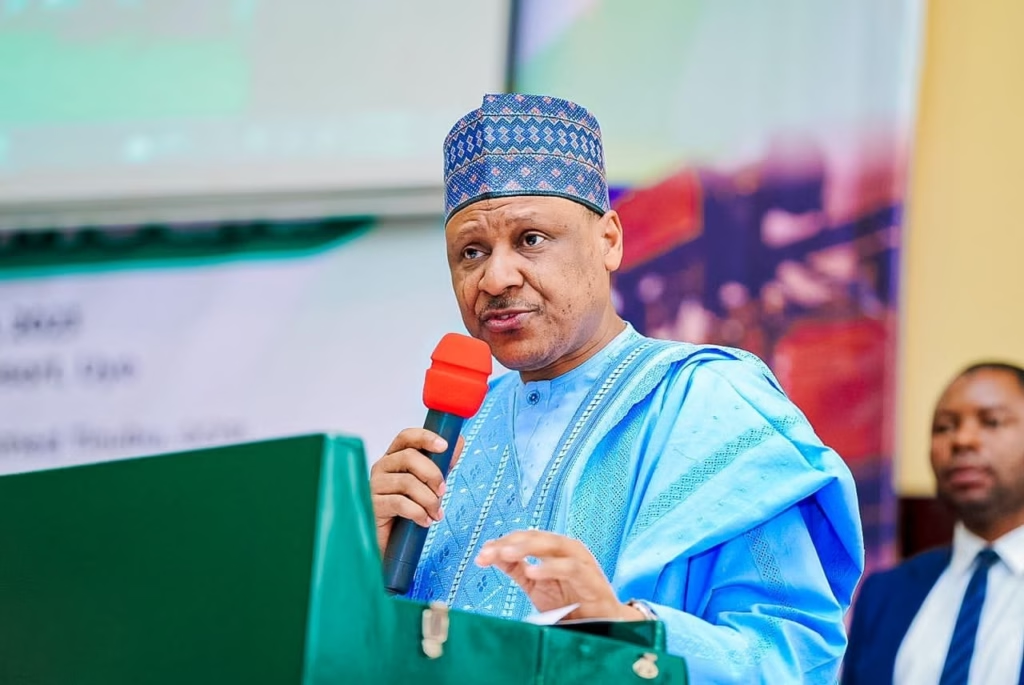Nigeria’s federal government has reaffirmed its commitment to ensuring equitable development across all regions, addressing longstanding concerns about marginalization in the politically significant South-East. During a public engagement event in Enugu State on Thursday, Information and National Orientation Minister Mohammed Idris emphasized that President Bola Tinubu’s reforms prioritize inclusivity and strategic leadership to bridge regional disparities.
Speaking at a three-day federal tour of Enugu and Ebonyi states, Idris highlighted ongoing infrastructure and development projects as evidence of the administration’s efforts to foster unity. “Nigeria will never return to an era where the South-East or any region faces marginalization,” he declared, pledging that new development commissions would address gaps in underserved zones. The initiatives aim to ensure “no region is left behind,” he added, referencing balanced political appointments and equitable resource distribution as hallmarks of Tinubu’s governance.
The outreach, attended by community leaders, civil society groups, and residents, forms part of a broader strategy to directly engage citizens and showcase federal investments. Idris acknowledged the economic strain caused by recent policies, including fuel subsidy removal, but stressed that empowerment programs and humanitarian aid are being rolled out to mitigate hardships. “The administration’s tough decisions are necessary for long-term stability,” he said, adding that the full impact of reforms would become clearer by the end of Tinubu’s first term.
Historically, Nigeria’s South-East has voiced concerns over political and economic exclusion, making regional inclusivity a recurring national debate. The current government’s emphasis on development commissions—a model previously used in the Niger Delta and North-East—signals an attempt to replicate structured intervention programs. Idris reinforced commitments to transparency and democratic dividends, asserting that “Nigeria is marching toward prosperity” under Tinubu’s leadership.
The tour included inspections of federal projects and dialogues with stakeholders, underscoring efforts to rebuild trust amid regional tensions. While challenges persist, officials frame the engagements as critical to aligning national policies with grassroots needs. As reforms unfold, observers note that tangible outcomes in job creation, infrastructure, and social welfare will ultimately determine the success of the administration’s inclusion agenda.
